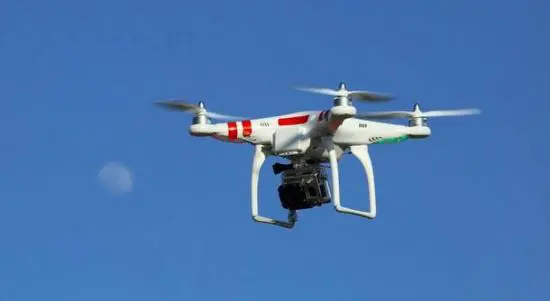Chinese Premier Li Keqiang said on Tuesday China will work Association of Southeast Asian Nations (ASEAN) countries to build a community of "common destiny" to share peace and prosperity.
Li made the remarks at the opening ceremony of the 10th China-ASEAN Expo and the China-ASEAN Business and Investment Summit in Nanning, capital of south China's Guangxi Zhuang Autonomous Region.
"We had the capabilities to create a "golden decade" in the past, we also have the power to create a "diamond decade" in the future," said the premier.
China and the ASEAN should work together to cope with risks and challenges and strive to maintain stable economic operation and healthy development, which are the common interests of all parties, said Li.
"China's good-neighborly policy toward the ASEAN is absolutely not a matter of expediency, but a long-term strategic option of China," said Li.
China is the largest trading partner of the ASEAN, while the ASEAN ranks as China's third-largest trading partner.
This year's expo attracted more than 2,300 companies from China and the ASEAN, consolidating its place as an important platform to promote bilateral trade and relationships between China and the ASEAN.
UPGRADING CHINA-ASEAN FTA
To deepen pragmatic economic cooperation, Li proposed "an upgraded version" of the China-ASEAN Free Trade Area (CAFTA), adding that the Chinese side will strive to expand bilateral trade to 1 trillion U.S. dollars by 2020 and increase bilateral investment by 150 billion dollars during the next eight years.
Launched in 2010, the CAFTA has become the world's largest free trade area among developing countries, covering a total population of 1.9 billion.
Cambodian Prime Minister Hun Sen said the China-ASEAN expo has become a solid and successful platform for economic and trade exchanges.
The expo has successfully facilitated the construction of the CAFTA under the framework of strategic partnership, and created various bilateral trade and economic opportunities, added ASEAN Secretary-General Le Luong Minh.
Bilateral trade between China and the ASEAN amounted to 400.1 billion U.S. dollars last year, nearly six times that of 10 years ago. In the first half of 2013, the bilateral trade surged to 210.56 billion U.S. dollars, representing a 12.2-percent increase year on year.
On Tuesday, Li said that China and the ASEAN could consider holding discussions on further lowering tariffs, and the Chinese side is willing to expand imports from the ASEAN and boost free trade and investment.
China is willing to join hands with the ASEAN to advance talks of Regional Comprehensive Economic Partnership (RCEP), and discuss exchanges and interactions with frameworks such as Trans-Pacific Partnership (TPP) Agreement, so as to create an open, inclusive and mutually beneficial climate to "make the two wheels of regional and global trade roll together," according to the premier.
He also proposed that China and the ASEAN deepen cooperation in infrastructure construction and enhance financial cooperation.
DISPUTES WON'T AFFECT CHINA-ASEAN RELATIONS
There exist some disruptive factors that are against stability and development in this region, but they are not the mainstream, Li said, adding that the South China Sea disputes are not an issue between China and the ASEAN, and they should not and will not affect the overall China-ASEAN cooperation.
China has always firmly held that the immediate disputing parties should seek sound solutions through friendly negotiations on the basis of respecting historical facts and international laws, said Li.
Li said that China will firmly prioritize ASEAN member countries in the country's peripheral diplomacy, firmly deepen the strategic partnership with the ASEAN, and cooperate with the ASEAN to jointly safeguard peace and stability in the region, including the South China Sea.
"We are facing various new challenges while the China-ASEAN strategic partnership will be conducive to facing and conquering these challenges. I believe that our mutual trust and confidence is unchanged," said Thai Prime Minister Yingluck Shinawatra.
China and the ASEAN should work toward a "diamond decade" characterized by mutual benefit and better livelihoods for people, said Xu Ningning, deputy secretary-general of the China-ASEAN Business Council, while commenting on Li's speech.
"China and the ASEAN still have great potential for cooperation, especially in transportation, financial, maritime and other industrial sectors," Xu said.
 简体中文
简体中文

